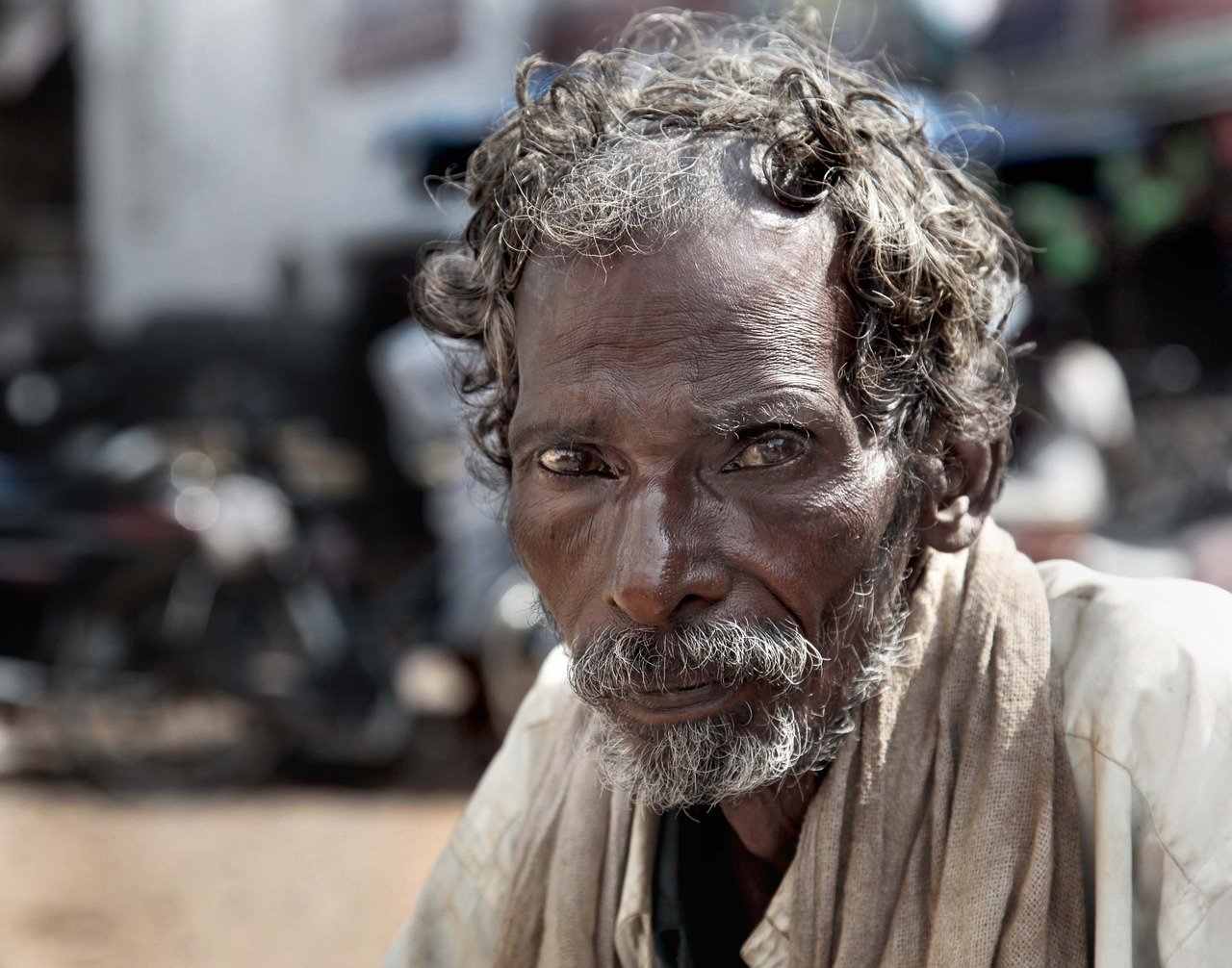The labouring population in general and the migrant workers / daily wage earners in particular are extremely vulnerable to the impact of the Coronavirus induced lockdown in the country. This section of the population has been rendered vulnerable due to their total dependence on daily wage earnings and meagre savings.
The lockdown means a loss of livelihood and therefore they are left with no source of income in order to be able to sustain themselves. Not only in India but if one were to look at their situation on a global level too, they are over represented among the homeless population all over the world.
The Covid-19 pandemic has had devastating consequences for the most vulnerable sections of the population and has indeed brought about a humanitarian crisis around the world. Hundreds of thousands of migrant workers are desperately trying to return to their hometowns and are battling with hunger and scorching heat and somehow they wanted to get back to where they belong.
When the cities and urban centres have abandoned them and they are left to struggle for survival, even in their consciousness a place called home seems to be a refuge where they not only feel emotional security but even psychological comfort.
Many countries are doing their best to combat this virus but still, not everyone in the world is lucky enough to afford staying or working from home. Despite the health risks that haunt them, they are compelled to go out and work to sustain themselves and their families. These migrant workers toil day and night to keep our cities functioning and as the lockdown was announced, they were compelled to walk day and night with little food and no rest for hundreds of kilometres in sheer desperation.
While taking the intensive journeys home, migrant workers were sprayed with bleach in a bid by state authorities for ‘disinfecting; them, they were kept in jail like isolation centres on state borders before they could be allowed to go home and even once they did reach their native villages, they received suspicion and resistance from other villagers as they feared that these outsiders could have brought the disease with them.
After arriving to their villages, some have been forced to sleep on trees because of overcrowded family homes and since many of them don’t have personal rooms in their houses, they had no other ways to keep them isolated from rest of the family. The scenario was continuously worsening as the government had promised them two meals a day but the queues were tremendously long and food fell insufficient. Union Finance Minister Nirmala Sitharaman announced a financial package of 1.7 lakh crore aimed at helping the poor but given the widespread and extensive nature of the crisis, even this amount seemed insufficient.
The protocol of ‘social distancing’ is not viable for migrant workers and daily wage earners because they do not have access to the basic necessities of life and cannot afford to sustain themselves even for a few days if they don’t go to work in the outside world. Even though there may be risks to their lives, they are forced to venture outside.
They are not in a position to follow such advice and follow guidelines that speak of social distancing or avoiding crowded places. If they do not access basic necessities of life then how can they be expected to follow these guidelines and advices?
Measures like hand washing are important for protecting human and ensuring health during the coronavirus outbreak but migrant workers often do not have sanitation services and face a lack of basic hand washing facilities. These migrant workers and daily wage earners live in congested places where living conditions are no better.
In this situation maintaining physical distancing, avoiding crowded places or maintaining personal hygiene seem like impractical propositions that the section of the population is finding impossible to follow. The government should arrange transportation for all vulnerable, mobile medical facilities for the migrant workers hygiene, food and water. Whenever economic crises takes place in the country, it is the migrant worker who faces the biggest loss because of their vulnerable status. The concept of ‘crisis as context’ becomes relevant in this scenario and is also connected to Walter Benjamin’s rejoinder to traditional Marxism in his essay ‘The Concept of History’.
Benjamin’s point is that the ‘present’ of the oppressed is never an ‘exception’ that is disconnected from his social past.
Analogously, the current state of exception facing the migrant workers in India is barely an exception. Rather, it is temporally connected to forming a ‘tradition’ of multiple and ever deepening fractures of lived spaces, histories, and livelihoods in their everyday existence.
Many questions need to be answered and several more are incessantly arising .What about the migrants amid the Covid -19 outbreak? What are the steps and initiatives taken by the government to cover the threats brought forward by the novel coronavirus? What are the steps that have been initiated related to managing the health situation of migrant workers and daily wage earners? Everyday this vulnerable section of the population is facing poverty, hunger and deprivation but still continues to make efforts to live in this world with dignity. But will they be able to survive?
From giving birth while walking for hundreds of kilometres on alienating highways to succumbing to fatal road accidents that claimed the lives of several migrant workers, the apathy of the class is visible once again as the pandemic engulfs all of us.
The government should pay heed and attention to the migrant crisis and look for better ways to help the migrant workers to overcome their sufferings and hardships.
Nusrat Firdos is a Research Scholar at the Department of Sociology, Aligarh Muslim University, Aligrah.














